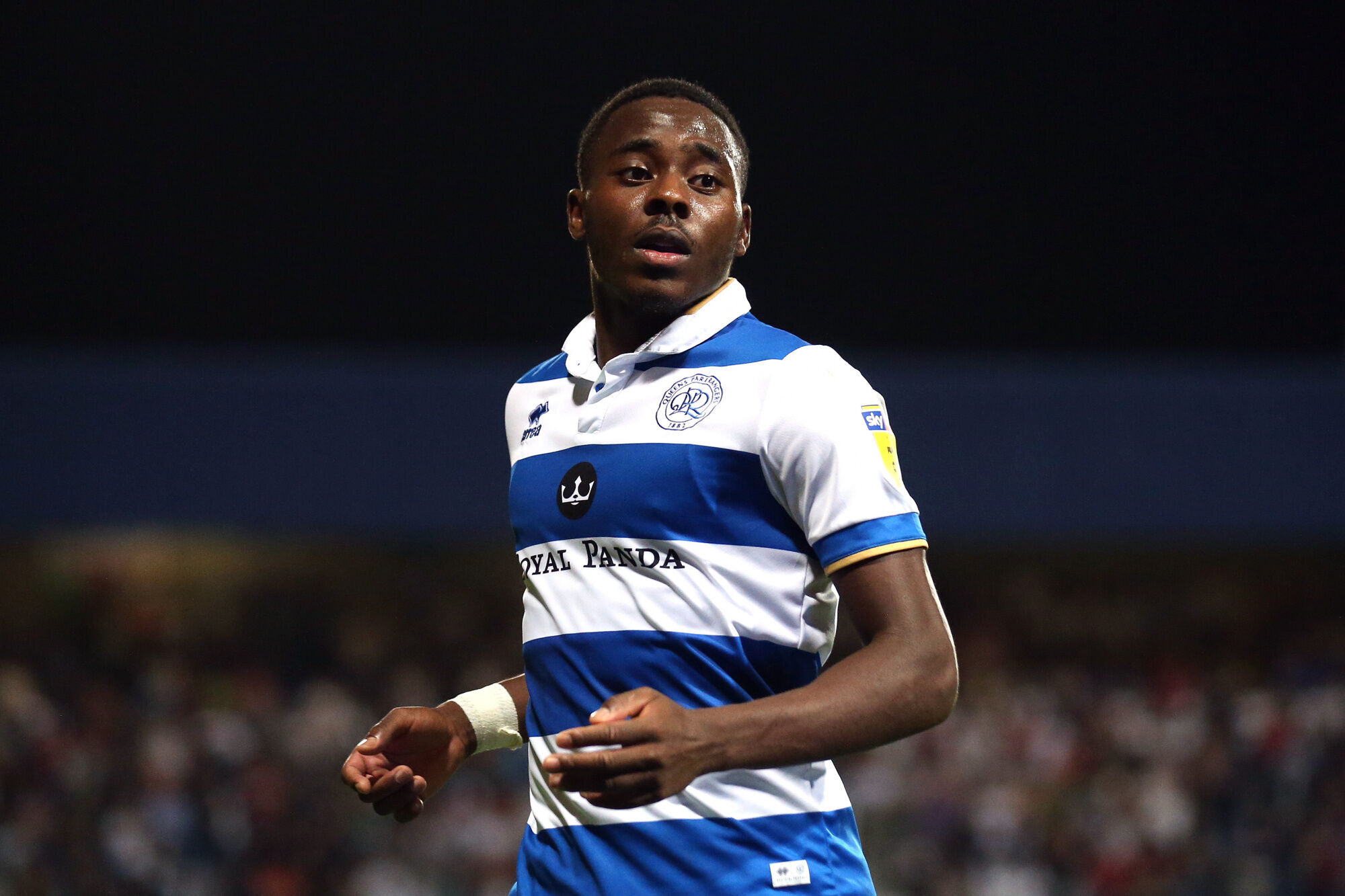“Cursed with inconsistency” was how London Football Scene described QPR back in November with this continuing theme eventually seeing the Hoops end the 2019/20 Championship in mid-table mediocrity.
After Steve McClaren’s sacking at the end of the previous season following one win in 15 league games, the onus was on Mark Warburton to halt the slide and pull QPR back to a neutral position. Regardless of method, he has ultimately delivered in a seesaw-like campaign.
The opening home game of the season against Huddersfield Town was also notable for another Mark as Loftus Road was officially renamed ‘The Kiyan Prince Foundation Stadium’ as a tribute to the son of anti-knife campaigner Mark Prince who was brutally stabbed to death in 2006.
On the field the Hoops started the season promisingly with goals flying in at both ends – QPR inevitably coming out on top more often than not, losing just four times in their first 13 outings to sit fifth in the table.
Scoring clearly wasn’t an issue but the defensive frailties were often cause for concern with four goals evenly split against Reading in late October seeing the Hoops pegged back twice and pointing to an ominous sign of things to come.
Coupled with the side’s inability to see out games, QPR slowly began slipping down the table, losing four of their next five games to drop down to 16th, the last defeat in that sequence ending in embarrassment.
Losing by a single goal at home to Nottingham Forest, QPR fell apart as they conceded three in the last ten minutes to eventually lose 4-0, trudging off the field to a chorus of boos.
Fans began watching history repeat itself as QPR predictably began giving away cheap goals and dropping down the table after starting a season with such renewed optimism.

One note of positivity throughout the game was Bright Osayi-Samuel whose devastating pace and ability to drive at defenders ended in the club’s goal of the season at Birmingham City in December.
Together with Ebere Eze, Ilias Chair and the on-loan Nahki Wells, the Hoops were always a threat going forward.
But the loss of the latter in late January back to his parent club of Burnley before being sold to Bristol City, forced Warburton to re-think his offensive plans.
Having left the club having recently scored a hat-trick against Cardiff City and a winner against Leeds, Wells’ 13 goals in 20 games was an absent conversion rate that potentially cost QPR a higher league position.
QPR eventually managed to regroup and went six games unbeaten with a more fearless attitude upfront before the coronavirus pandemic halted football in March.
Aside from the dips in form and shortcomings in defence, it must be remembered the Hoops were just six points from a Play-Off position when play was suspended – the interruption hugely affecting the club’s momentum at the worst possible time.
READ MORE: Kevin Gallen on boyhood dreams coming true and breaking QPR records
The three month break hit QPR hard but nevertheless winning just two of the remaining nine league games after the restart was substandard from a team who had plenty of capability.
Overall, guiding QPR to a 13th place finish, the club’s highest for five years, can be seen as a positive outcome considering the position they were in when Warburton first took charge.
The occasional burst of form was encouraging and can fill QPR fans with plenty of confidence going forward.
However, QPR’s troubles primarily stemmed from defensive disorganisation that ultimately neutralised any success in attack – in short, the Hoops were the cause for their own downfall.
Next season’s objectives will clearly be to prevent points being carelessly dropped while simultaneously maintaining their attacking prowess – be it through keeping star names or finding a successful way to replace them.